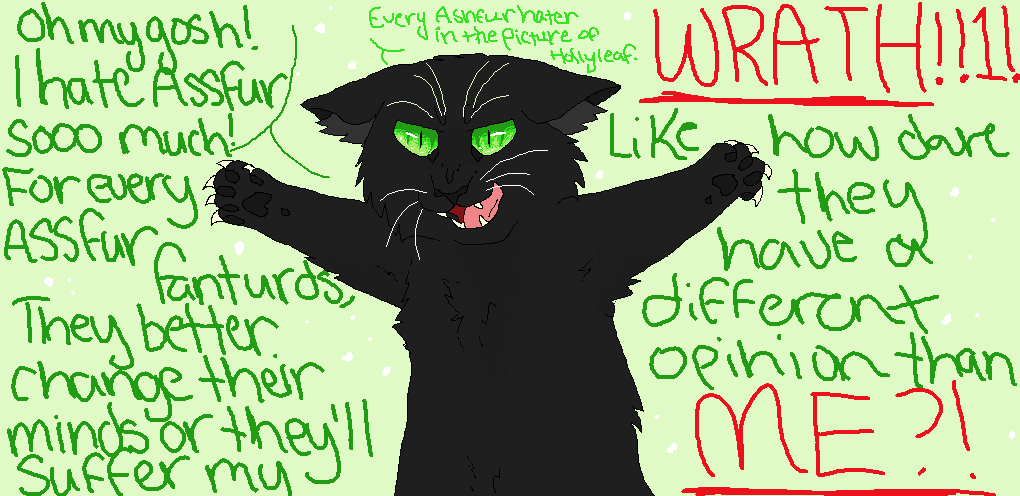
So a hopeful adoptive mother asked about gender preferences when adopting. An adoptive mother responded honestly – Your perfect little girl is not going to come from adoption. Adopted children are traumatized and are not there to fulfill our dreams. If you heart wouldn’t be in it with a boy, I would think very carefully about what you’re going into. We are not shopping for children here. I am sorry if this sounds harsh but hard truths are something hopeful adoptive parents need to hear.
One foster parent noted – It seems that they want a specific gender based on their fantasy for what life will be– they are essentially bringing a child into their home with a job/responsibility (i.e., to fulfill that fantasy). The question becomes: what happens if that child doesn’t fulfill that fantasy? I honestly feel the same way when parents have strong reactions at gender reveals.
blogger’s note – I grew up in a family with female siblings. My first child was a daughter. Then, in my second marriage, with a husband who grew up with male siblings, we ended up with 2 boys. I will admit to some gender shock and understand the origin of the word boisterous. Raising them is the greatest privilege and responsibility of our lives, whatever they end up being – non-binary, intersex (a person born with a combination of male and female biological traits), etc LOL See below for what caused my comment.
A person commented – I find that most people with a strong gender preference are more focused on expecting their kid to fit a certain gendered idea. A really narrow reason that feels somewhat legit to me is a single parent or same sex couple who feel better equipped to help a child of the same sex navigate things like puberty and some of the different challenges the world throws at boys vs girls. I can certainly say I find the idea of teaching my daughters about periods and the importance of being aware of the dangers of diet culture much less intimidating than I would find the idea of teaching sons how to navigate male puberty and various kinds of toxic masculinity. (But I’m married to a cis man, so if we’d had a boy, he could talk to his dad about some of this stuff. And otherwise I would just be spending a lot more time doing research to figure it out.)









